Learn more about wild salmon, wild places and their sustainability for future generations through these excellent resources.
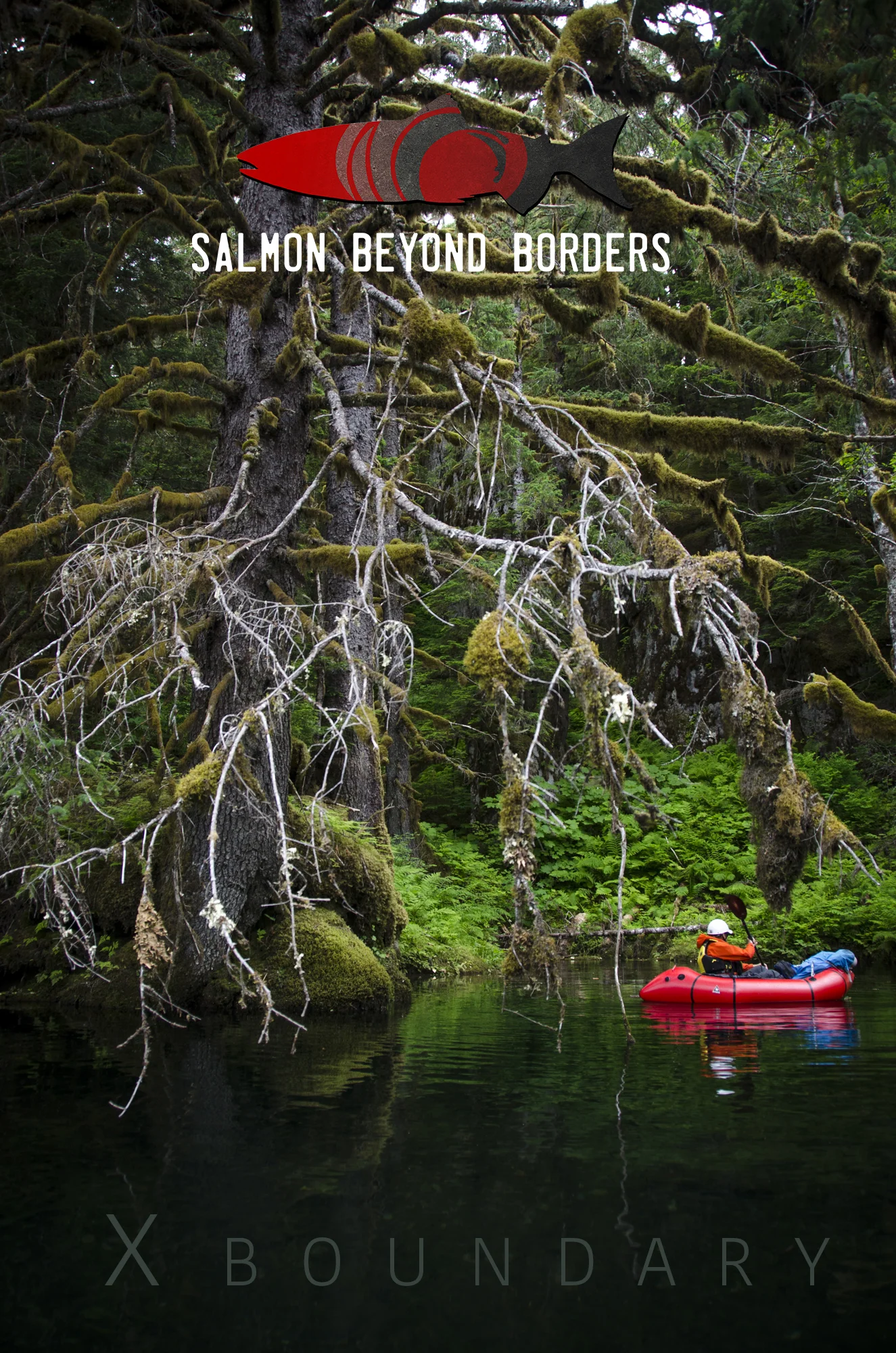
Ryan Peterson's film, Xboundary, explores the large-scale open-pit mining boom currently underway in northwest British Columbia, Canada. The size and location of the mines--at the headwaters of major salmon rivers that flow across the border into Alaska--has Alaskans concerned over risks posed to their $2b fishing and tourism industries and unique way of life. These concerns were heightened with the Aug 4, 2014 catastrophic tailings dam failure at nearby Mt. Polley Mine in the Fraser River watershed.
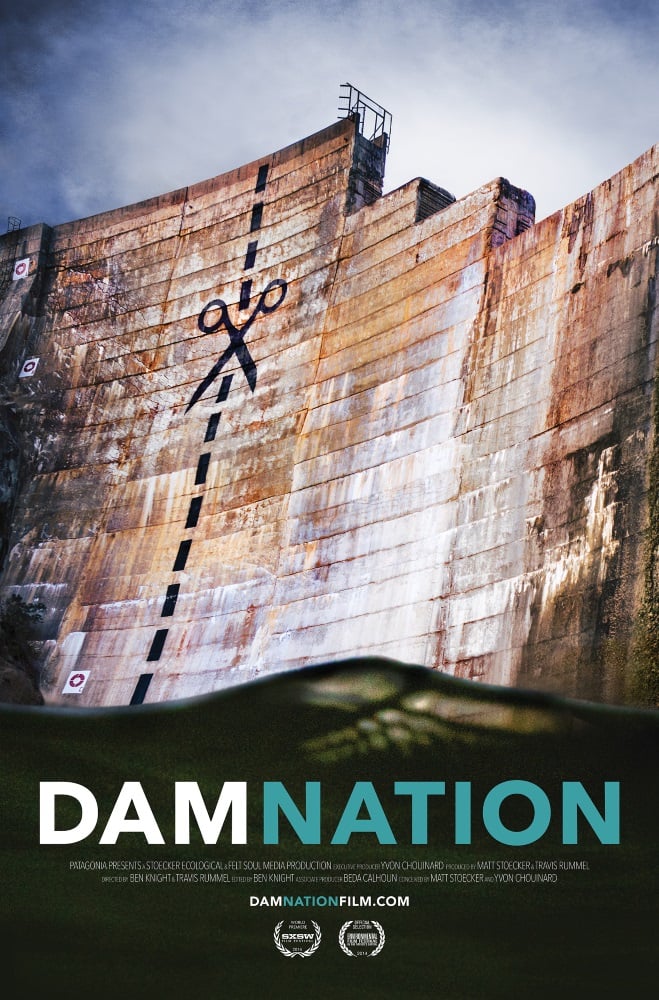
This powerful film odyssey across America explores the sea change in our national attitude from pride in big dams as engineering wonders to the growing awareness that our own future is bound to the life and health of our rivers.
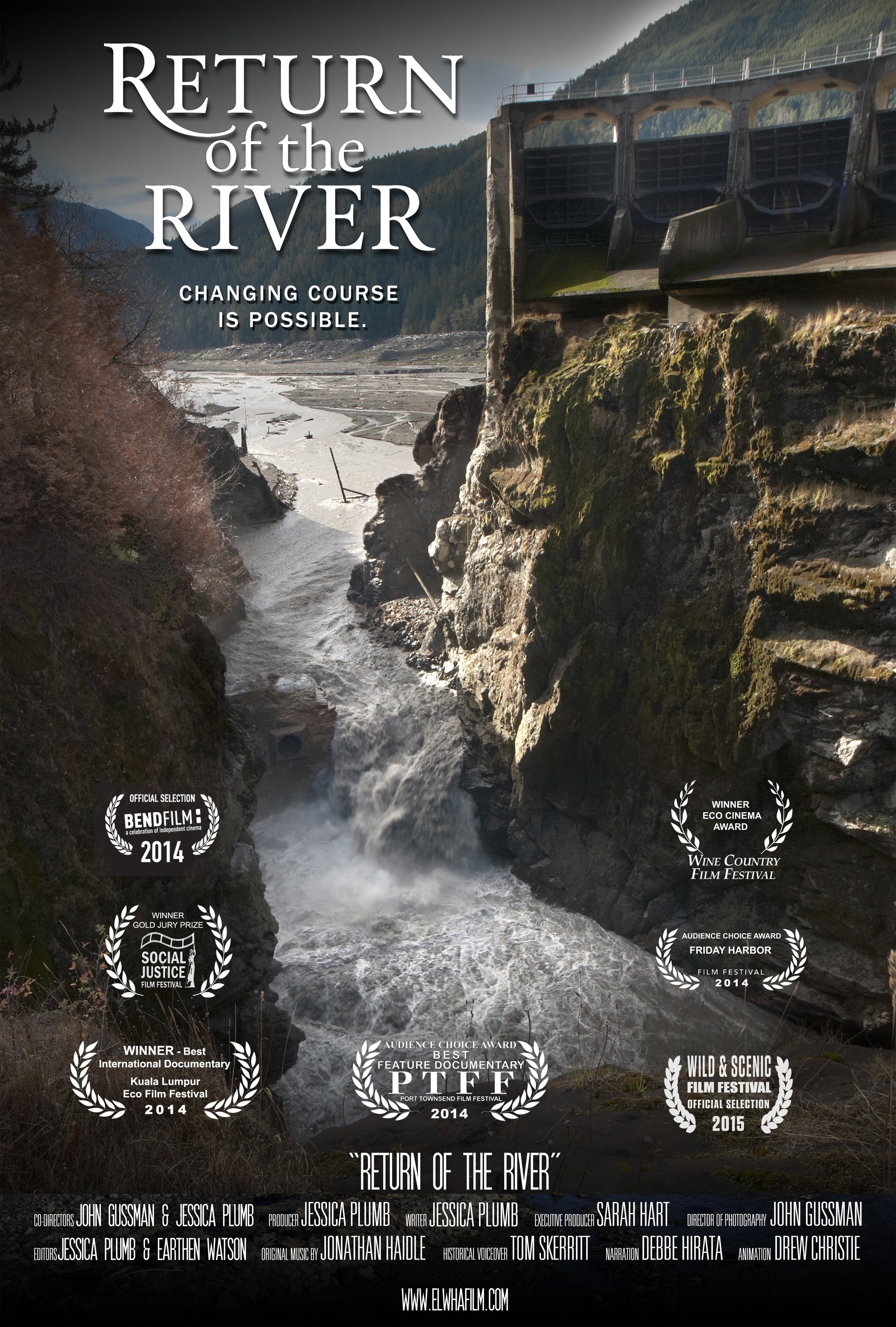
Return of the River follows a group of strong-minded committed people as they attempt the impossible: to change the public opinion of a town and eventually the nation to bring a dam down. The community comes to a consensus, setting the Elwha River free and showing the way to more sustainable future. Amid grim environmental news, Return of the River is a film infused with hope.
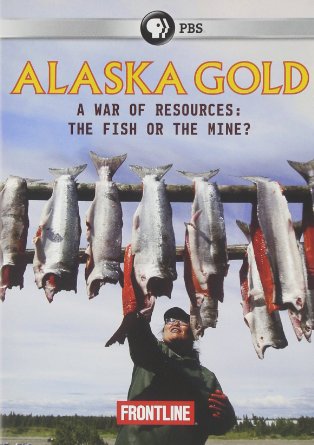
ALASKA GOLD - The Bristol Bay region of southwest Alaska is home to the last great wild sockeye salmon fishery in the world. It’s also home to enormous mineral deposits -- copper, gold, molybdenum -- estimated to be worth up to $500 billion. Now, two foreign mining companies are proposing to extract this mineral wealth by digging one of North America’s largest open-pit mines, the “Pebble Mine,” at the headwaters of Bristol Bay. FRONTLINE travels to Alaska to probe the fault lines of a growing battle between those who depend on this extraordinary fishery for a living, the mining companies who are pushing for Pebble, and the political framework that will ultimately decide the outcome.
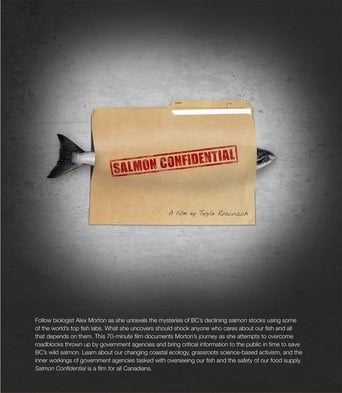
Salmon Confidential is a documentary film on the government cover up of what is killing BC’s wild salmon.

In King of Fish, David R. Montgomery traces the human impacts on salmon over the last thousand years and examines the implications both for salmon recovery efforts and for the more general problem of human impacts on the natural world.
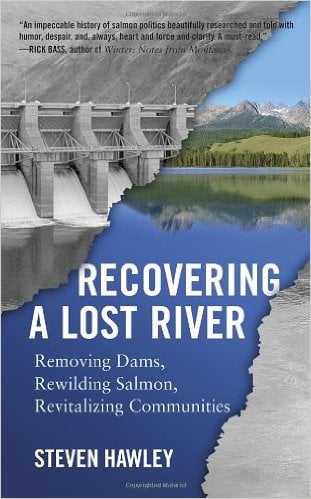
Recovering a Lost River - In the Pacific Northwest, the Snake River and its wilderness tributaries were—as recently as a half century ago—some of the world’s greatest salmon rivers. Now, due to four federal dams, the salmon population has dropped close to extinction. Steven Hawley, journalist and self-proclaimed “river rat,” argues that the best hope for the Snake River lies in dam removal, a solution that pits the power companies and federal authorities against a collection of Indian tribes, farmers, fishermen, and river recreationists. The river’s health, as he demonstrates, is closely connected to local economies, freshwater rights, and energy independence.
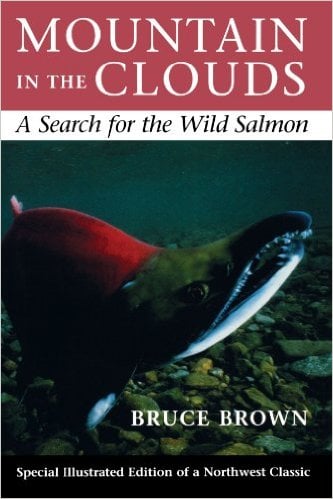
Mountain in the Clouds - Acclaimed by critics who likened it to Coming Into the Country by John McPhee and Rachel Carson's Silent Spring, Mountain in the Clouds has become a classic of natural history. As the struggle to protect Northwest salmon runs and the urgency of the fight against environmental deterioration escalates, Mountain in the Clouds remains an important and illuminating story, as timely now as when it was first written.
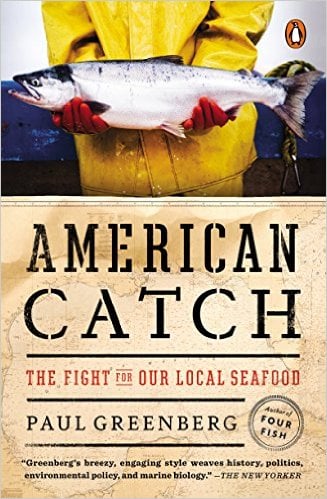
In American Catch, award-winning author Paul Greenberg takes the same skills that won him acclaim in Four Fish to uncover the tragic unraveling of the nation’s seafood supply—telling the surprising story of why Americans stopped eating from their own waters.










